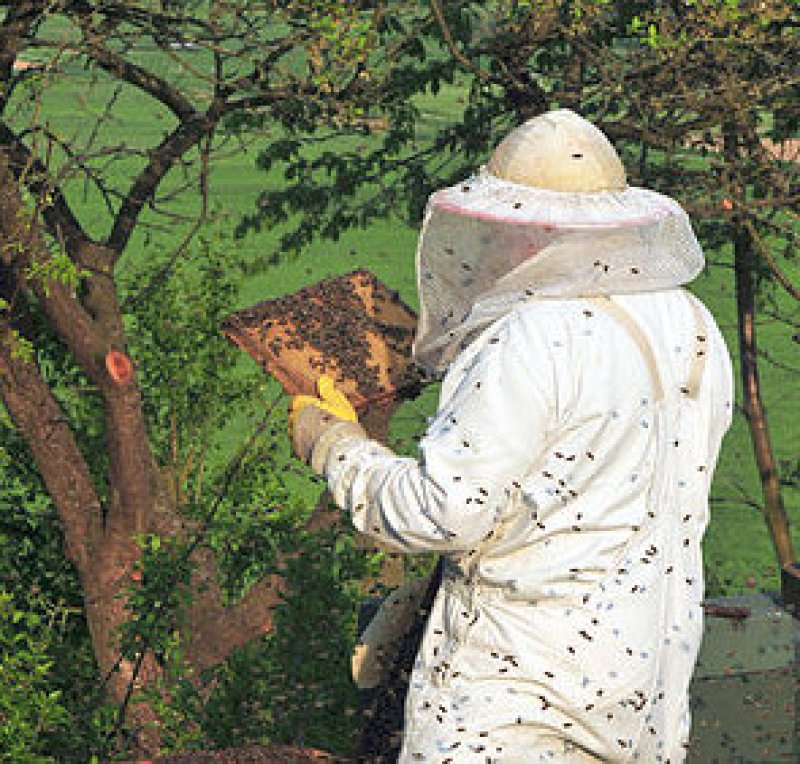The GLP aggregated and excerpted this blog/article to reflect the diversity of news, opinion and analysis.
Bees are struggling, and several environmental organizations want to try to help them out by banning neonicotinoid pesticides. Now the EPA has published an assessment showing that one particular neonicotinoid insecticide, imidacloprid, hurts bees. . .
First, it’s crucial to zero in on what “killing bees” means. There’s a lot of overheated rhetoric about honeybees going extinct; that’s just not happening. There’s also a lot of concern about neonics causing colony collapse disorder; while neonics are almost certainly a source of stress to honeybees, they are not the main cause of the problem. These insecticides are probably a bigger threat to other species besides honeybees. . .
Until recently, the evidence suggested that neonics — in the amounts they are applied to farm crops — weren’t hurting honeybees. A previous study, and now this EPA analysis, suggest that this particular neonic, imidacloprid, is killing bees in some cases. The EPA analysis suggests the current amounts of imidacloprid that are applied to cotton, soybeans, and flowering trees are likely to hurt bees, but not when applied to other major crops, including corn, wheat, and potatoes.
It’s important to note that this analysis is narrowly limited: It focuses solely on bees (and only has experimental data for honeybees) and solely on imidacloprid. The EPA is also reviewing four other neonicotiniods.
Read full, original post: Here’s new news about pesticides and bees































